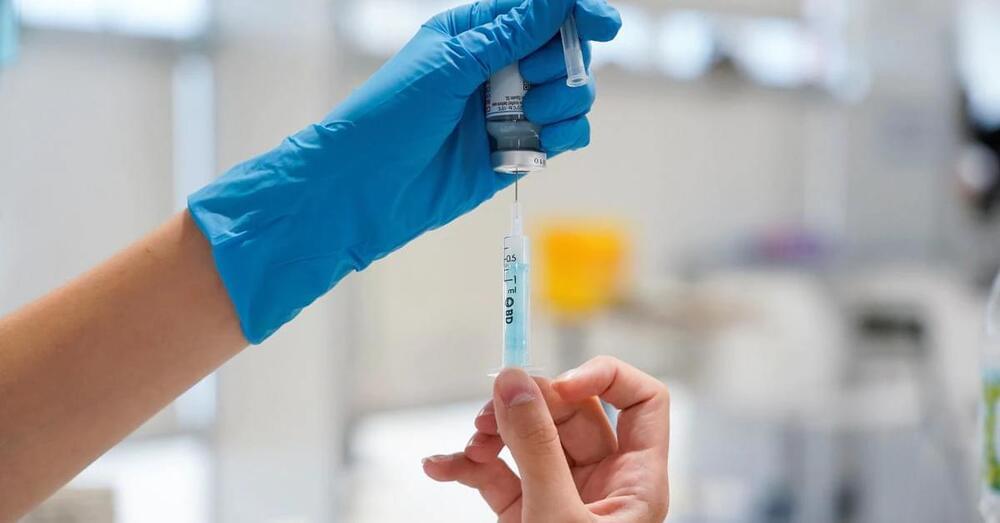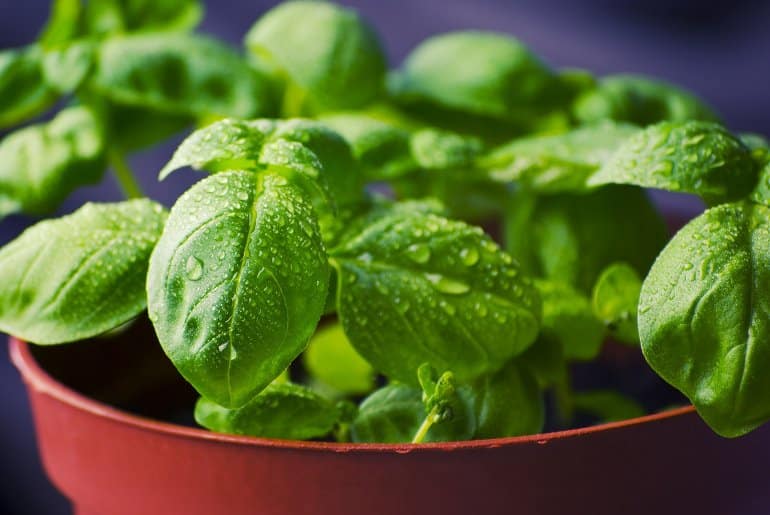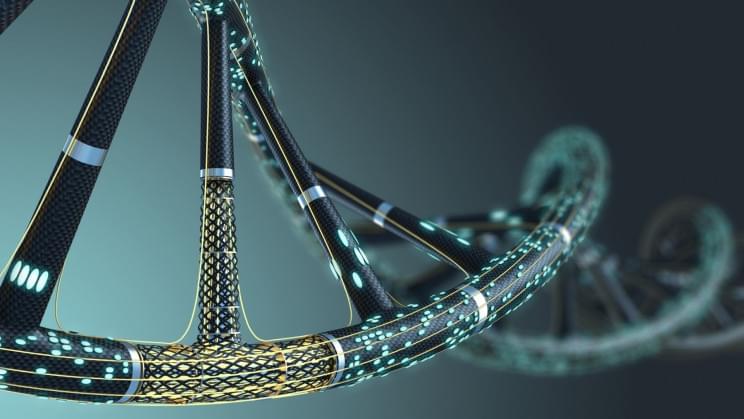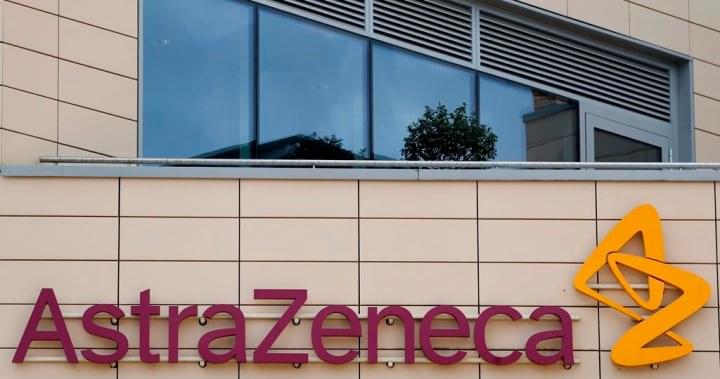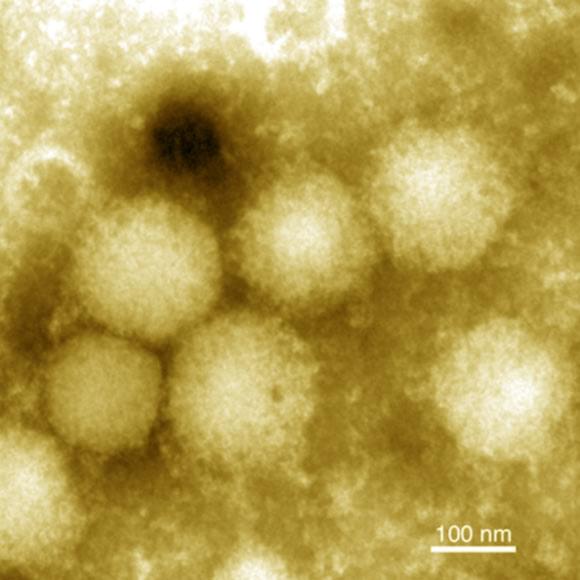“In the preliminary data … there is a suspicion of an increased risk of heart inflammation, when vaccinated with Moderna,” the Danish Health Authority said in a statement.
It referred to data from a yet unpublished Nordic study, which would now be sent to the European Medicines Agency (EMA) for further assessment. Final data was expected within a month, it added.
Sweden and Denmark said they now recommended the Comirnaty vaccine, from Pfizer/BioNTech (PFE.N), 0 instead.
